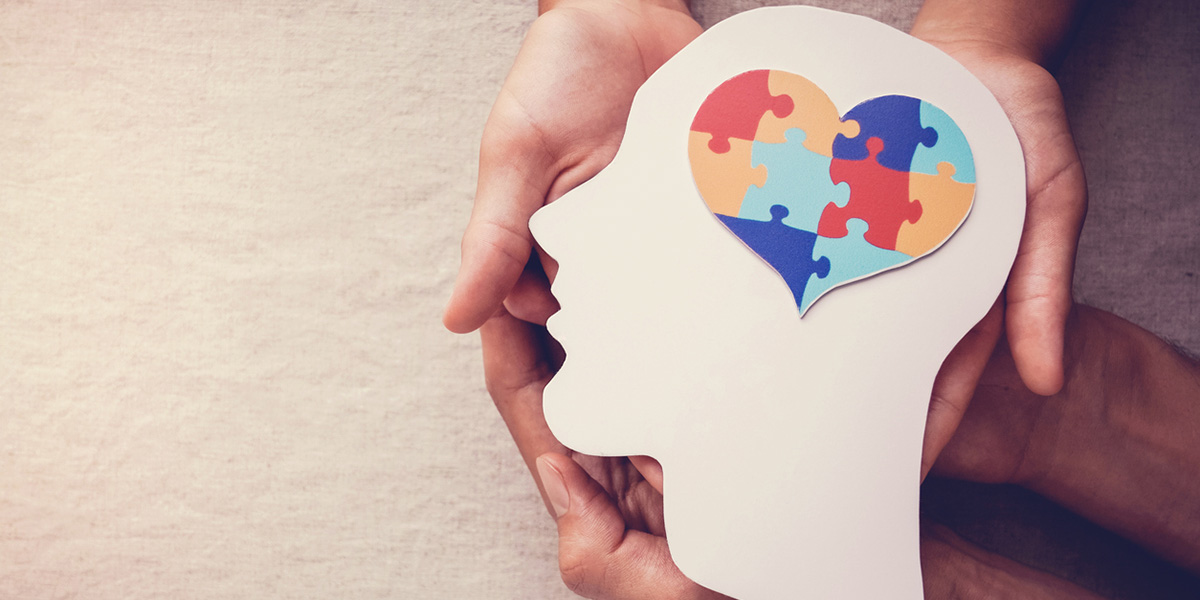Understanding The Different Modalities Available For Mental Health Treatment
You decide to take the initiative and seek mental health treatment, now what? There is no one direction to follow. Mental illnesses are complex and can affect each individual differently, especially when more than one is present. People also have different levels of severity of their illnesses. While one path of recovery may work well for some people, a different path could work better for others. Understanding some of the different types of treatment for mental health may help you get a picture of which path is right for you.
Individual Therapy
Individual therapy is a one-on-one interaction between the patient and a counselor. Most sessions involve primarily talking; however, the therapist may bring in other forms of expression such as art or sand trays especially with younger patients. There may be outside ‘homework’ given to help the patient develop new skills along their recovery journey. There are many different types of therapeutic techniques the therapist may possibly use. Cognitive Behavioral Therapy (CBT) and Dialectal Behavioral Therapy (DBT) are both quite common, especially for illnesses such as anxiety and depression. Eye Movement Desensitization and Reprocessing (EMDR), Somatic Experiencing, and Accelerated Resolution Therapy (ART) are all common for the treatment of PTSD. There are many other techniques that they might be trained in and can use to improve mental health. Not all therapists are trained in the same therapeutic techniques, and some may be more specialized in treating certain illnesses. Through different therapeutic methods, the patient should develop new coping skills, an increased understanding of their illness or illnesses, alleviated symptoms, and other positive outcomes.
Group Therapy
Run by licensed professional therapists, group therapy offers help for you and others with similar or shared experiences. Often they will be more focused on a specific subject or type of group. There are groups for sexual assault victims, grief, PTSD, anxiety, eating disorders, substance abuse, and many others. Some facilities will offer separated groups such as all male, female, or LGBT. The goal is to develop new coping skills, gain insight, and install hope in one another.
Intensive Outpatient and Outpatient Programs (IOP and OP)
IOP and OP are similar but require different levels of commitment. Often individuals will start at an IOP level and as they progress they will move down to an OP. These programs are great for people just getting out of residential treatment or others that need a bit more than just a primary therapist or weekly group therapy. These programs mostly offer group therapy multiple times a week but many also offer patients an individual therapist. Depending on the facility, some will offer psychiatric visits in the facility, case management, couples counseling, equine therapy, and many other possible services. Patients live at home but are required to complete a certain number of hours of therapy at the facility. Usually, this primarily consists of group therapy time.
Residential Treatment
Patients of a residential treatment center will reside within the facility. The facility will often offer group, family, and individual therapy, along with psychiatric visits and other modalities of recovery. Depending on the facility, certain specialties may be offered such as equine therapy, art therapy, yoga, and meditation. The benefit of residential treatment is that it takes you away from the outside world and any other possible triggers. It allows individuals to put all of their focus on recovery and not worry about outside issues that could make their symptoms worse.
Medication
Some individuals may benefit from medications such as antidepressants or mood stabilizers. Usually, people will not be on just medication alone, but more as a pairing with therapy. Speaking with a licensed psychiatrist will help to ensure you are taking the right medications for you.
Specialized Therapy
There are many different forms of specialized means of recovery. These include art therapy, equine therapy, meditation, and many others. Equine therapy consists of patients going through therapeutic processing with the assistance of horses. Through means of leading, grooming, and interacting with the horses (with a mental health professional), patients learn new skills to help them in their mental health recovery path. They may learn things such as emotional regulation, a sense of responsibility, or other insight into their illnesses and behaviors. Through the means of creative expression, art therapy is used to enhance emotional resilience, reduce anxiety, improve social skills and benefit other psychological problems. Practicing meditation can alleviate stress, symptoms of anxiety and depression, and help alleviate other mental illness symptoms.
Everyone has different challenges and severities with their mental health, which is why taking time to understand the different paths of treatment can be beneficial. Talk to someone and find the right path for you.

